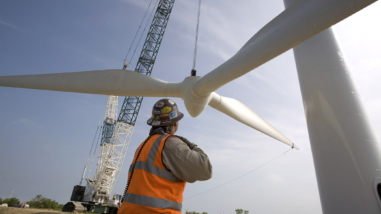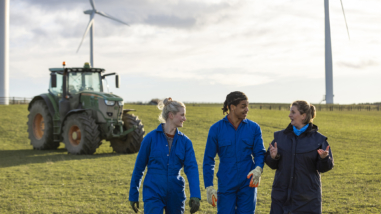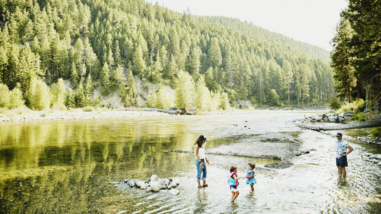Micha Rosenoer is West Slope Field Manager for Conservation Colorado, an organization dedicated to protecting Colorado’s public lands. This is the seventh Q&A in a weeklong series celebrating Earth Day 2016.
How did you become involved with the environment cause?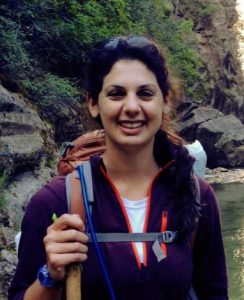
I grew up in coastal California surrounded by public lands and reveled in the opportunities to trail run, climb, and bike as often as possible. But it wasn’t until I moved to Colorado that I truly understood what the words “public lands” meant – these wild places that have been set aside to respect the inherent value of nature, and for us to enjoy together or in solitude for as long as we can fight to keep them protected.
I love working with local communities to protect our public lands because they are so important to our quality of life in the West. Regardless of political party or profession, I’ve seen that the majority of people love and value our public lands; it just takes the right spark to bring people together to rally behind them.
Who has inspired you along the way?
I met one of my formative mentors, Nurredina Workman, while I was a student at the University of California, Berkeley. Workman led an annual anti-racism year-long training program which I was lucky enough to be a part of during my sophomore year. She taught me to confront my privilege and question my personal and political positions on a daily basis.
I needed someone in my life to ask those hard questions and continually remind me that my work on environmental issues has to take into account racial and economic inequality. Workman taught me to prioritize social and environmental justice.
Can you describe a recent effort that you are proud of working on?
I’ve been working with a group of “accidental activists,” as they call themselves, in Cortez, a rural town in southwestern Colorado. This small but fierce group is made up of mostly retiree-age community members — landowners, business owners and teachers – who are upset with the way oil and gas development have impacted their air quality, water, and way of life around their homes over the past few decades.
I’ve had the opportunity to become friends with many of these individuals, and together we’ve been rallying the community to work with land managers towards more community-focused oil and gas leasing processes. Our efforts are prevailing and we’re well on our way to protecting Mesa Verde National Park from increased oil and gas drilling around its edges, and the community as a whole from more traffic, noise, and light pollution from industrial development.
But more than the policy gains we’ve achieved, I’m continually inspired by the people who have committed so deeply to a cause they believe in and continually demonstrate the best qualities we see in community organizers. They are inclusive and respectful of all kinds of people and ideas, are driven by a deep-seeded passion for protecting their natural environment and their neighbors, and take care of each other even in the hard moments. I am glad to work alongside them to create positive change in the southwest.
What sustains you?
I find a lot of joy in the act of building and being part of a community. When I am most upset, or exhausted, I push myself to find a friend or coworker to spend time with or I make an effort to attend a community event. That sense of interconnectedness is deeply comforting to me; I try to cultivate it as often as I can.
I also spend a lot of time in nature, even if it’s just jogging down my street with an eye towards the clouds or sitting in the local public park. Often times I get so stuck in my own head, wrapped up in worry, stress, and cyclical thinking. But being outdoors, moving around, spending time with friends — all these things help shake me loose of the negativity or looping thoughts and remember to be grateful. Wendell Berry’s poem, “The Peace of Wild Things,” is a great inspiration to me, as are Edward Abbey’s thoughts on being a “part-time crusader.”

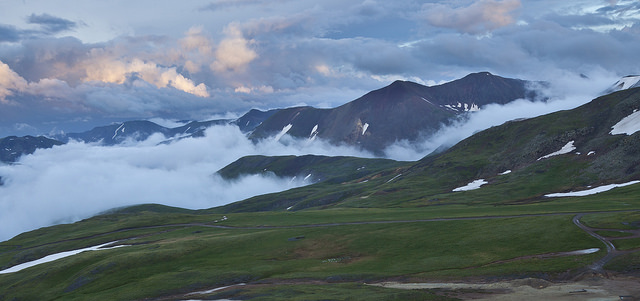 Bob Wick/Bureau of Land Management, CC By 2.0
Bob Wick/Bureau of Land Management, CC By 2.0
